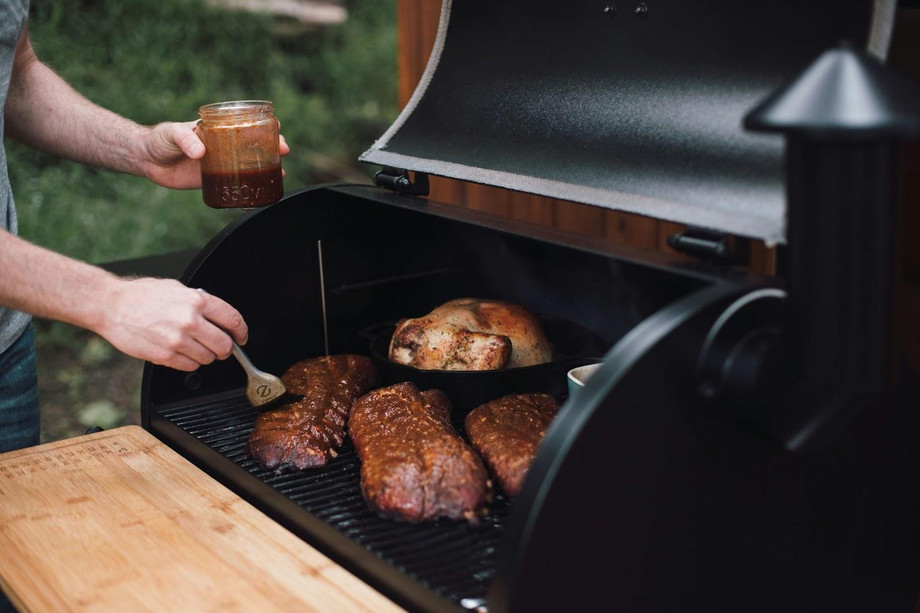-
 Encontrar enMiembros
Encontrar enMiembros Encontrar enVideos
Encontrar enVideos Encontrar enCanales
Encontrar enCanales
This website uses cookies to ensure you get the best experience on our website.
To learn more about our privacy policy haga clic aquíPreferencia de privacidad
-
- Última actualización 1 de febrero de 2024 0 comentarios, 93 vistas, 0 likes
More from home fires
More in Politics
Related Blogs
Do You Season Meat Before Smoking?
Publicado por home fires
1 de febrero de 2024
Cuerpo
When it comes to smoking meat, a quintessential Australian pastime, one crucial question often arises: should you season the meat before smoking it? Seasoning, in this context, refers to the application of a combination of spices, herbs, and sometimes salts to the meat's surface. This article delves into the importance of seasoning, the types of seasonings to use, and the best practices for seasoning meat before smoking.
The Importance of Seasoning in Smoking
Seasoning is not just about adding flavour; it's an integral part of the smoking process. It helps in forming the coveted 'bark' or crust on the meat, which is essential for texture and flavour. The seasonings also aid in the meat's moisture retention, ensuring that it remains juicy and tender throughout the lengthy smoking process.
Types of Seasonings for Smoking
- Dry Rubs: A dry rub is a blend of dry spices and herbs. Australian favourites often include ingredients like garlic powder, onion powder, paprika, and native spices like lemon myrtle or mountain pepper. These are rubbed onto the meat's surface to create a flavourful crust.
- Wet Rubs or Pastes: These are similar to dry rubs but include wet ingredients like mustard, oil, or vinegar to make a paste. This type of rub sticks better to the meat and can help in forming a deeper crust.
- Brining: This involves soaking the meat in a solution of water, salt, and often a sweetener like sugar or honey, along with various spices. Brining is especially effective for poultry and pork, as it helps in moisture retention.
Best Practices for Seasoning
- Timing: For the best results, apply your chosen seasoning at least an hour before smoking. This allows the flavours to penetrate the meat. Some meats, like beef brisket or pork shoulder, can be seasoned up to 24 hours in advance.
- Quantity: The amount of seasoning depends on the type of meat and personal preference. A general rule is to use about one tablespoon of dry rub per pound of meat.
- Technique: Ensure an even coat of seasoning. For dry rubs, massage it into the meat to ensure it adheres well. When using a wet rub or brining, ensure the meat is thoroughly coated or submerged.
Seasoning meat before smoking is a critical step in achieving the perfect balance of flavour, texture, and moisture. Whether you opt for a dry rub, a wet paste, or a brining method, the key is to allow enough time for the flavours to infuse into the meat. With these tips in mind, your next smoked meat dish is sure to be a hit at any Australian gathering. If you’re looking for quality BBQ seasoning, check out the range at Home Fires.










Comentarios